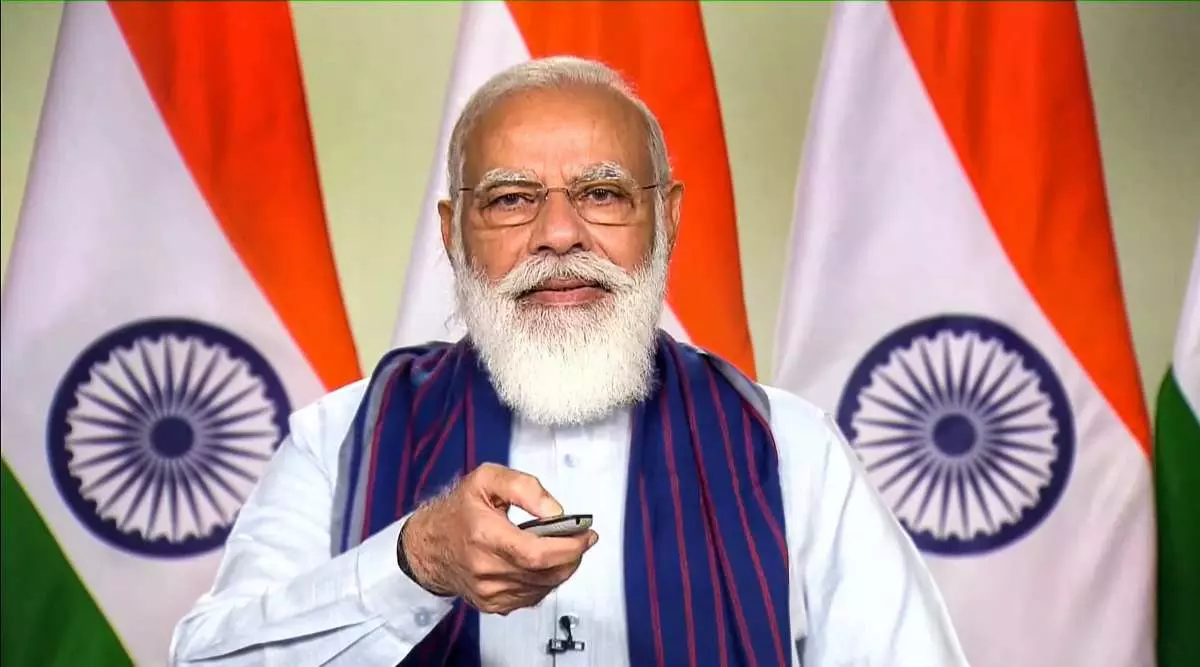PM Modi's goal to make India high-income country by 2047 unlikely to be achieved: Financial Times expert
Financial Times chief economics commentator Martin Wolf said, that the country should become an upper middle-income country by then, he also noted that the slow-growing, shock-prone and fragile world we now confront will make India's rise difficult
image for illustrative purpose

New Delhi: Prime Minister Narendra Modi's goal of making India a high-income economy by 2047 is unlikely to be achieved, but the country should become an upper middle-income nation by then, Financial Times chief economics commentator Martin Wolf said on Friday. Wolf further said that India would also become a superpower by 2047. "India wishes to become a high-income country by 2047. That is unlikely to be achieved. But it should become an upper middle-income country by then," he said at an event organised by CUTS.
Wolf noted that the slow-growing, shock-prone and fragile world we now confront will make India's rise difficult. "India will have to work hard to use its influence to shape that world in a favourable direction," he said, adding that it will also have to shape itself to exploit the opportunities it will have. Prime Minister Modi in his independence day speech last year said, "I have an unwavering belief that in 2047, when the country celebrates 100 years of independence, my country will be a developed India."
India, which is the world's fifth largest economy, is currently classified as a developing nation. A developed country is typically characterised by a relatively high level of economic growth, a general standard of living, higher per capita income as well as good performance on the Human Development Index (HDI) that includes education, literacy and health. India was classified as a 'third-world' country at the time of independence from British rule in 1947.
While noting that India can still take advantage of global opportunities, Wolf said India can form useful and productive economic relations with all sides. "It can, if it tries, partially replace China as a competitive global supplier of goods and services. "It can become a magnet for foreign direct investment," he said.
Wolf asserted that India must be a positive influence on global discussions. Pointing out that India has substantial assets in seeking to shape the world to its advantage, Wolf said it is an obvious "plus one" in a world of "China plus one" and even more so in a world of "any country but China". India has good relations with the West, to which it is strategically important, he added.

